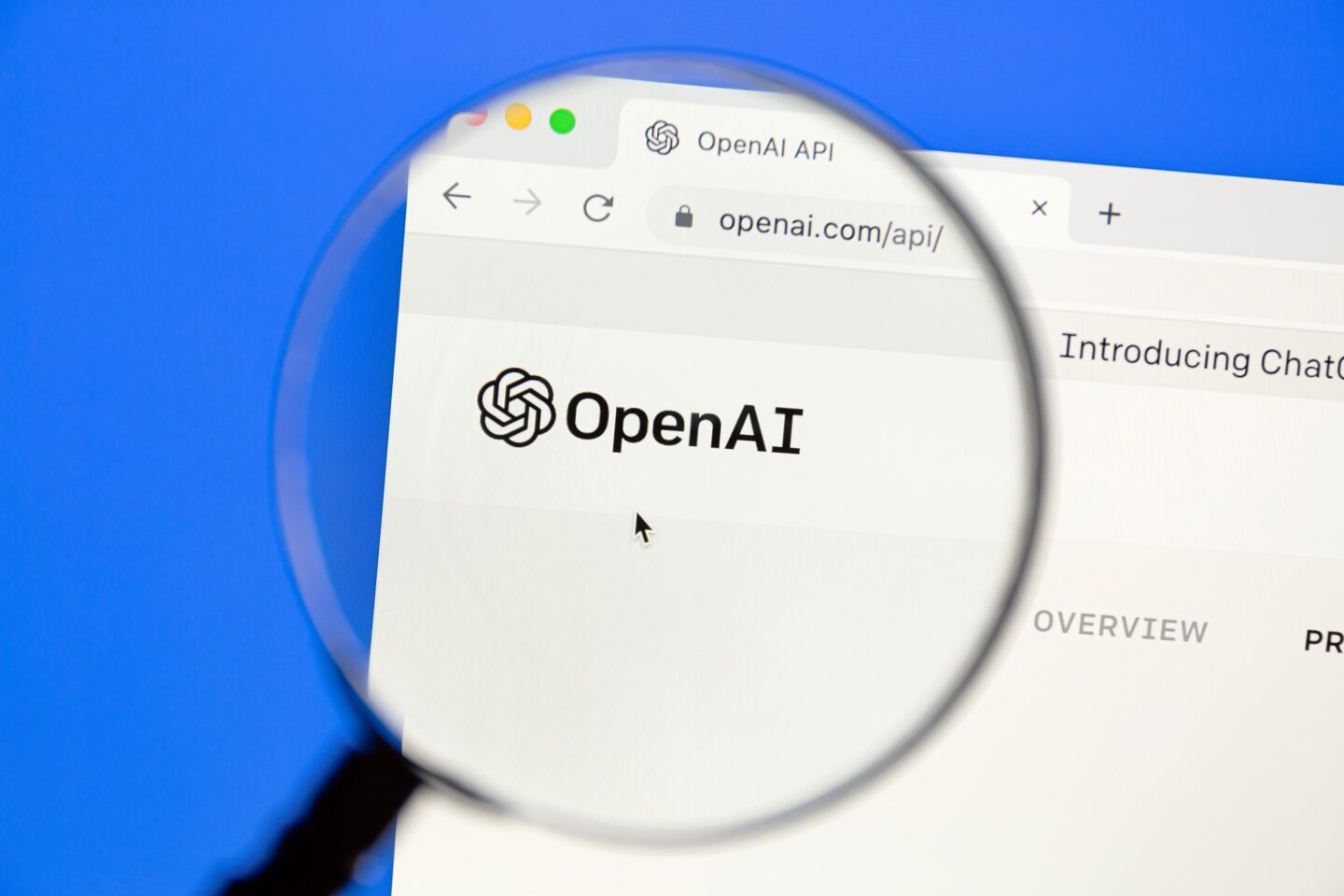OpenAI is stepping into the search industry, challenging players like Perplexity, Google, and Bing. On Thursday, the company introduced SearchGPT, a tool designed to deliver "timely answers" using web sources.
“Getting answers on the web can take a lot of effort, often requiring multiple attempts to get relevant results. We believe that by enhancing the conversational capabilities of our models with real-time information from the web, finding what you’re looking for can be faster and easier,” wrote OpenAI in a blog post.
How SearchGPT works
SearchGPT resembles OpenAI's ChatGPT platform. Users can enter a query to receive information and images from the web, along with links to sources. The sidebar provides access to follow-up questions and related searches.
Moreover, location-based searches are part of the offering. OpenAI states that SearchGPT "collects and shares" general location data with third-party providers for improved accuracy, such as local weather or nearby restaurants. Users can also share precise location data via a settings toggle.
Powered by OpenAI models like GPT-3.5, GPT-4, and GPT-4o, SearchGPT is being launched as a prototype for a select group of users and publishers. OpenAI plans to eventually integrate SearchGPT features into ChatGPT.

OpenAI aims to simplify web searches, which often require multiple attempts for relevant results. Their blog states. Rumors of OpenAI's ambitions to rival Google have circulated for months, but SearchGPT debuts amid concerns about AI search tools’ accuracy and plagiarism.
Challenges and solutions
AI-powered searches have faced criticism for inaccuracies and content issues. Google's AI suggested unsafe food practices, while other AI tools gave dangerous or misleading advice. Concerns about AI-generated summaries diverting traffic from original sources are also prevalent.
OpenAI aims to address these issues by ensuring SearchGPT clearly cites sources with proper attribution. They are collaborating with publishers to refine the experience and provide control over how content appears.









